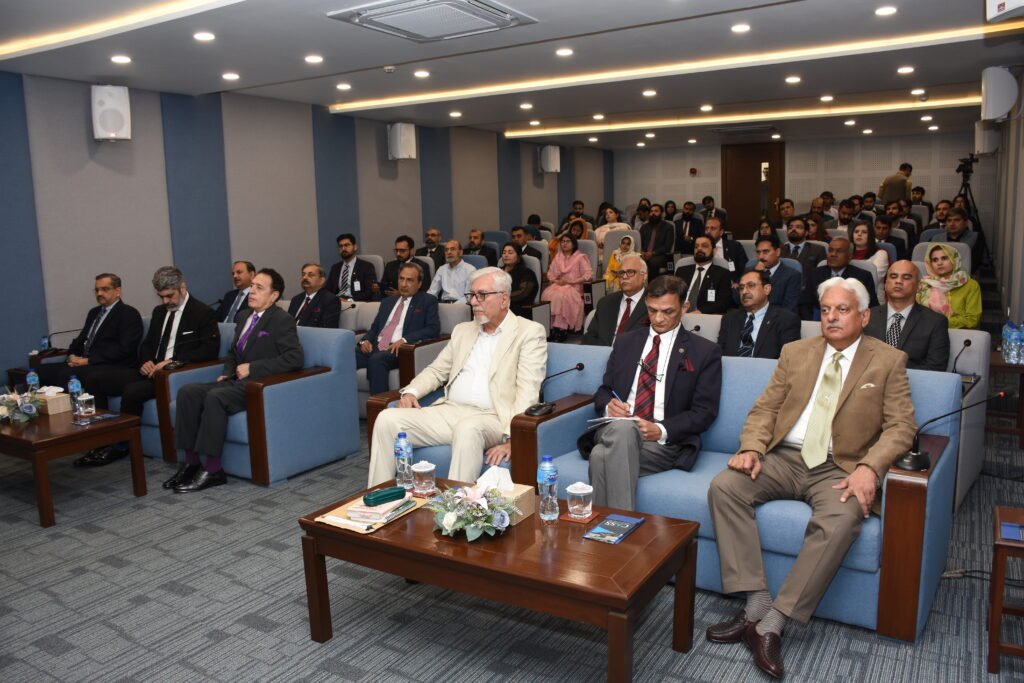
Seminar
Navigating the Indus Water Treaty: India’s Hyper-Nationalism and Pakistan’s Water Security Challenges
About The Event
The Indus Waters Treaty, brokered by the World Bank in 1960, marked a significant cooperative effort in managing the Indus River system. It allocated the Indus, Jhelum, and Chenab rivers to Pakistan and the Ravi, Beas, and Sutlej rivers to India. This division has supported both nations in developing their irrigation and hydropower capabilities for many years.
Yet, in contemporary times, this accord faces unprecedented challenges, primarily fueled by the rising tide of hyper-nationalism within India. Such nationalism, with its focus on short-term political gains over long-term regional well-being, threatens to destabilise the delicate equilibrium that has been meticulously maintained, potentially propelling the region towards conflict.
Pakistan, as the lower riparian, watches warily as any move by India to modify existing infrastructure or to pursue new projects could jeopardise its water security. The looming threats of climate change exacerbate these concerns, casting a long shadow over water availability and, by extension, agriculture, and economic stability in the region. This makes the steadfast observance of the Treaty and open dialogue on any forthcoming projects not just advisable but essential.
In light of these challenges, the Centre for Aerospace & Security Studies (CASS), Lahore arranged a seminar titled, “Navigating the Indus Water Treaty: India’s Hyper-nationalism and Pakistan’s Water Security Challenges”, to delve deep into the complexities of the Treaty amid the currents of increasing nationalism. Gathering a distinguished panel of experts, the seminar aimed to stimulate a comprehensive and nuanced discussion on how India’s political dynamics influence water security in Pakistan and to brainstorm strategic solutions that preserve the Treaty’s legacy, ensuring a resilient and sustainable water future for all involved.
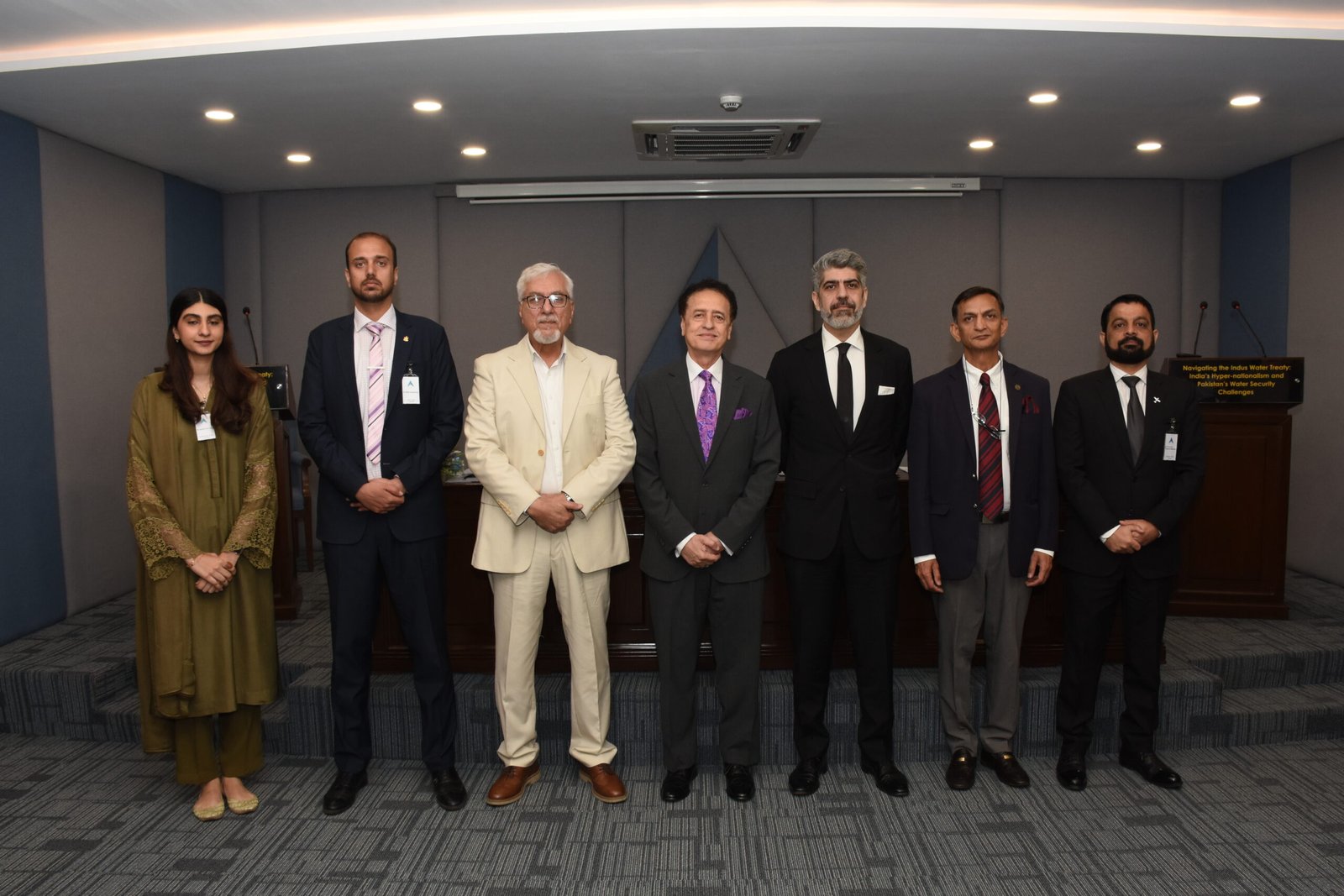
Key Takeaways
- Indus Water Treaty’s Significance
The Indus Water Treaty is critical for Pakistan’s water security and has played a historical role in facilitating regional development. Disruption of the treaty due to rising nationalism in India could have severe consequences for Pakistan, including security challenges and environmental risks.
- World Bank’s Involvement
The World Bank’s involvement in the Indus Water Treaty was driven by multiple factors, including economic interests in dams’ construction, geopolitical considerations during the Cold War, and the broader strategy of “hydro diplomacy” to mitigate tensions between India and Pakistan.
- Drawdown Flushing
The Baglihar and Kishanganga dams’ cases highlighted disagreements over managing Indus water. While India got approval for drawdown flushing in the Baglihar case, Pakistan successfully challenged it for Kishanganga, showcasing complexities surrounding the Indus Water Treaty.
- Endangering Pakistan’s Health Security
Pakistan manages and maintains Indian drainage under the treaty’s Article 4, this responsibility remains a contentious issue. It contributes to water pollution in Pakistan, potentially linking it to higher rates of hepatitis and cancer in areas of Pakistan.
- Hidden Aquifers
With an estimated 500 million acre-feet of water discovered in its aquifers, Pakistan’s groundwater reserves dwarf India’s by 10 to 15 times. This hidden resource could sustain the country for over three years, offering a path towards drought-proof water security.
- The Indus Inland Waterways System
By developing river navigation infrastructure, the Indus could provide a crucial economic advantage for the region by significantly reducing transportation distances and opening new trade routes.
- Shortcomings of India’s River Projects
India’s appropriation of Pakistan’s rivers, notably for projects like the Rajasthan Canal, has fallen short of its pledge to transform arid lands into fertile ones. Despite significant investments, scientific data proofs that these initiatives have caused environmental degradation and increased political tensions.
- Climate Change Threat
Climate change poses the greatest threat to water resources of the Indus Basin, with glacier melting accelerating due to rising temperatures. Therefore, cooperation is essential in addressing these challenges and securing water resources for future generations.
Policy Considerations
- Revitalisation of WAPDA
There is a need to revitalise the Water and Power Development Authority (WAPDA) and ensure that it has qualified engineers to oversee large-scale construction. A reassessment of energy policies and a focus on self-reliance in water infrastructure development is more crucial than ever for Pakistan.
- Re-evaluate Diamer-Bhasha Dam Design
To prioritise safety and long-term sustainability, Pakistan should re-evaluate the Diamer-Bhasha Dam’s design. Experts recommend a rock-filled dam as a solution to address concerns regarding cost-effectiveness and seismic resilience of the current wall dam design.
- Sustainable Energy Portfolio
Prioritise renewable energy sources like solar, wind, and geothermal alongside strategically planned hydropower projects. This will enhance energy security and reduce dependence on volatile global energy markets.
- Diversify Water Management
Explore alternative water solutions like utilising aquifers for decentralised access and prioritising river navigation for development, while conducting a comprehensive assessment of Pakistan’s water needs to move beyond traditional large dams.
- Future Cooperation Clauses
The IWT through Article 6, 7 provides the basis for data sharing and future cooperation which can enable both countries to explore avenues for successful hydrodiplomacy.
- Embrace Solar Power and Sustainability
Prioritise strategic investment in solar power to reduce dam dependence and implement water-saving practices that meet both human and ecological needs. There is a need to integrate environmental considerations into development plans.
- Climate Change Adaptation
Pakistan needs to focus on measures that conserve water resources and help the country adapt to the changing climate. Glacial melt due to rising temperatures necessitates urgent action beyond just building dams.
- Strengthen Provincial Water Management
Empower provinces to manage their water based on specific needs, to enhance overall water management effectiveness in Pakistan. Re-evaluating the balance between federal and provincial control over water resources is essential for equitable access to water resources.
- Focus on Ground Water Development
Sustainable groundwater development requires smart management and data-driven insights. Implement strategies that ensure responsible extraction and prioritise recharge. Telemetry systems and satellite data can be used to gain a clear understanding of groundwater.
- River Navigation for Economy
Focus on Indus River navigation as a strategy for economic development and trade. A functional river navigation system will provide strategic leverage to Pakistan and strengthens its negotiating position with India regarding water resources.

Post Event Report
A comprehensive report capturing expert analyses, strategic insights, key recommendations, media coverage, and event highlights.
Guest Speakers
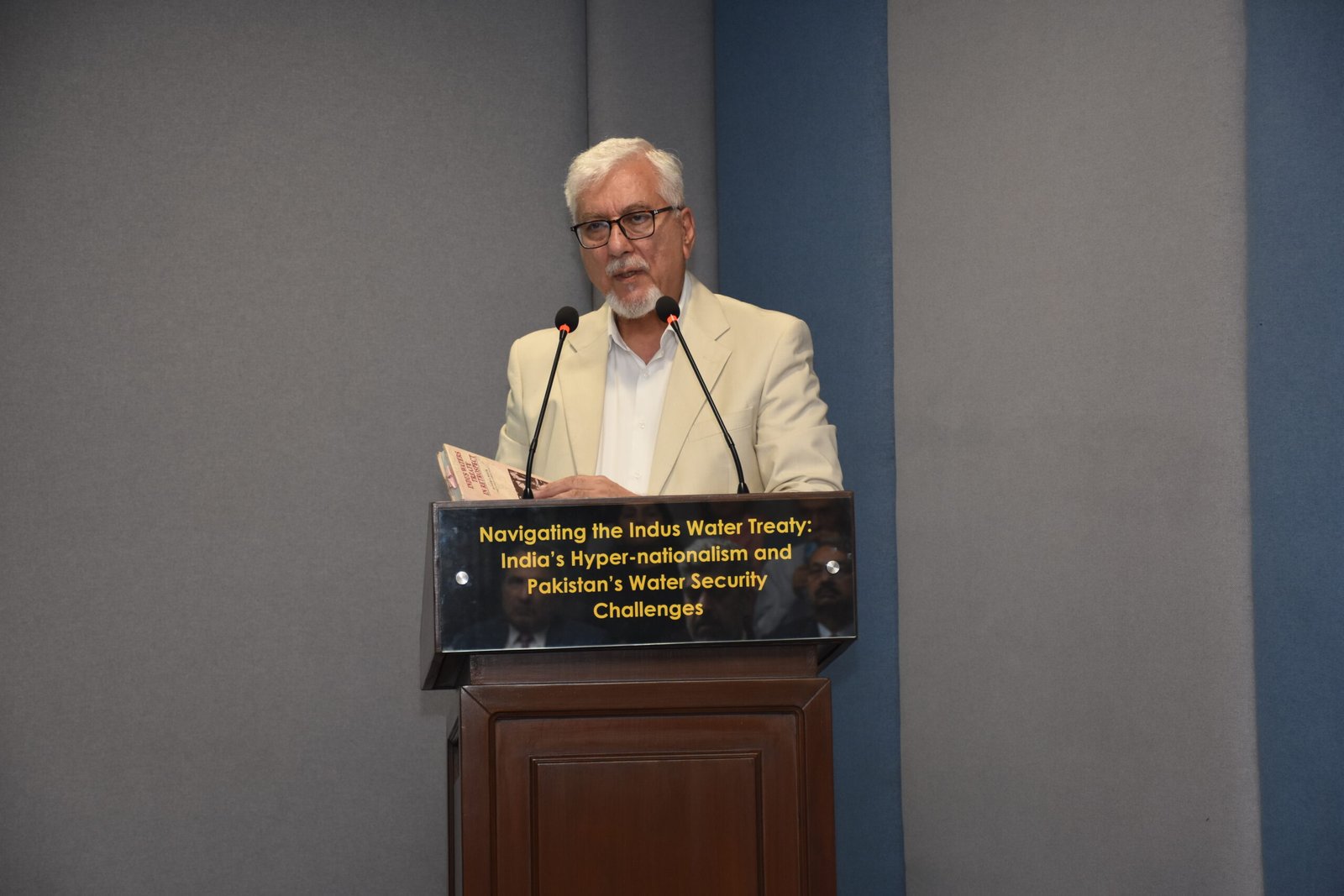
Suleman Najib Khan
Convener, Water and Resource Development Council
Mr Ahmad Rafay Alam
Environmental Lawyer & Activist
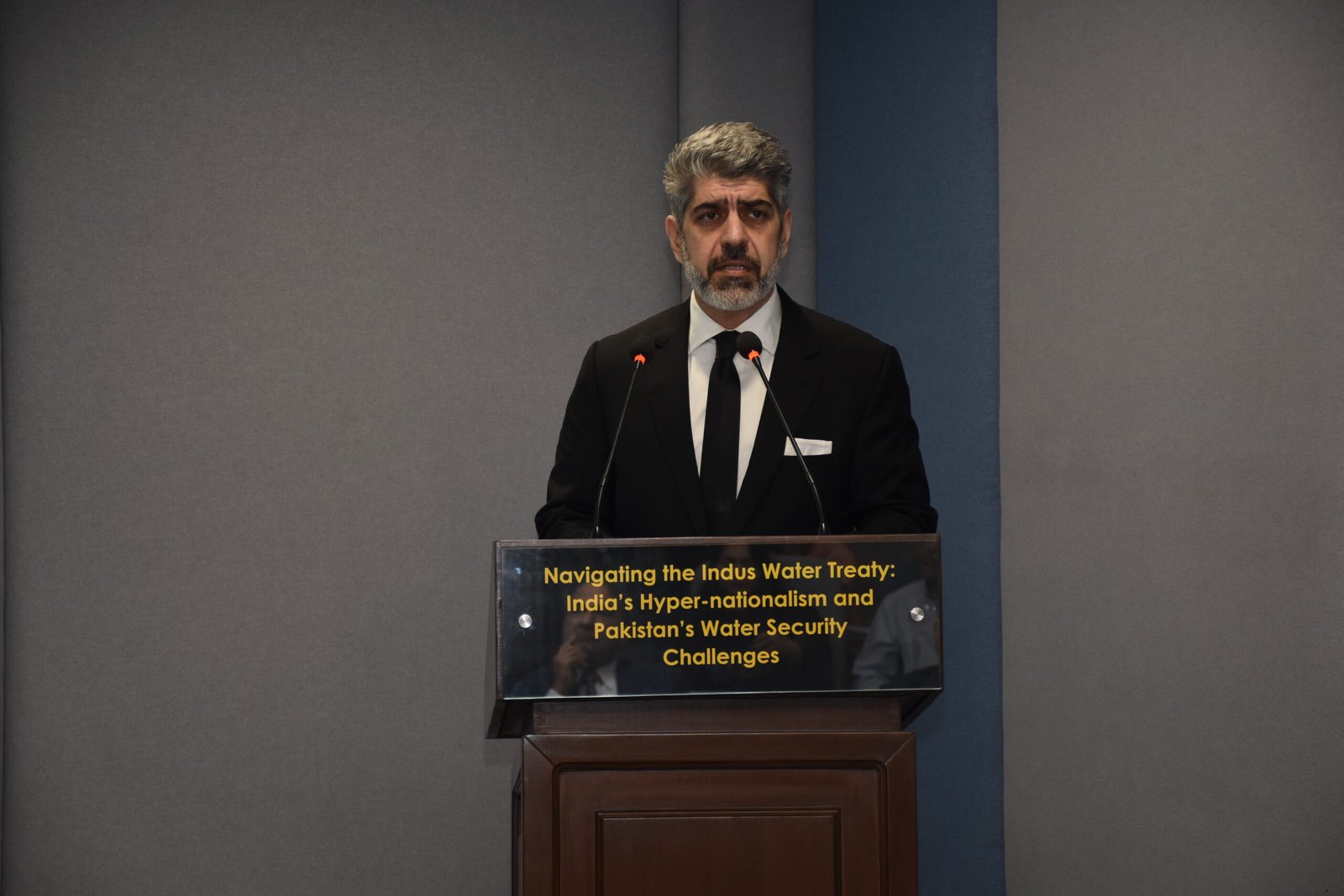
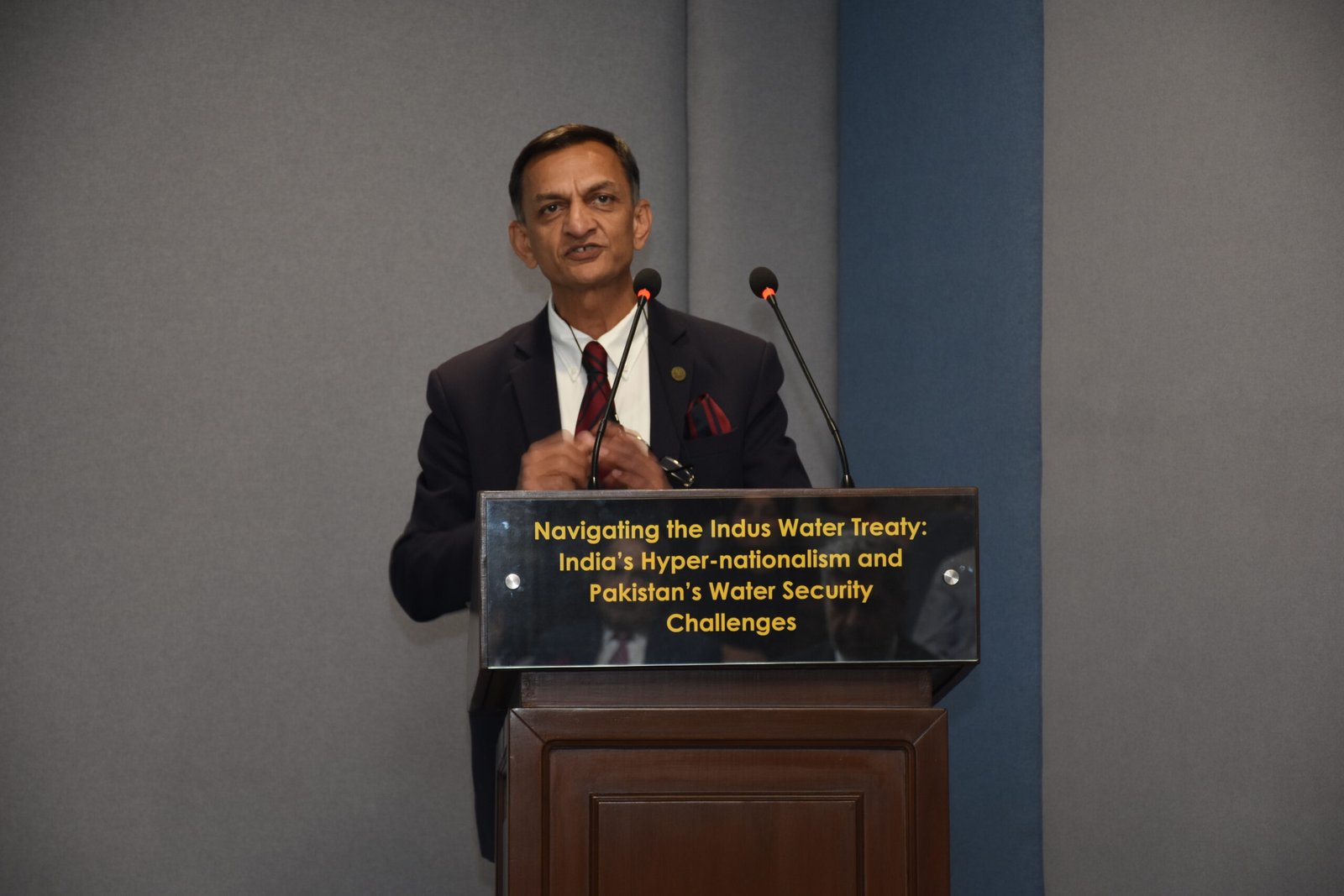
Dr. Hassan Abbas
Founding Chairman Zizak (Pvt) Ltd
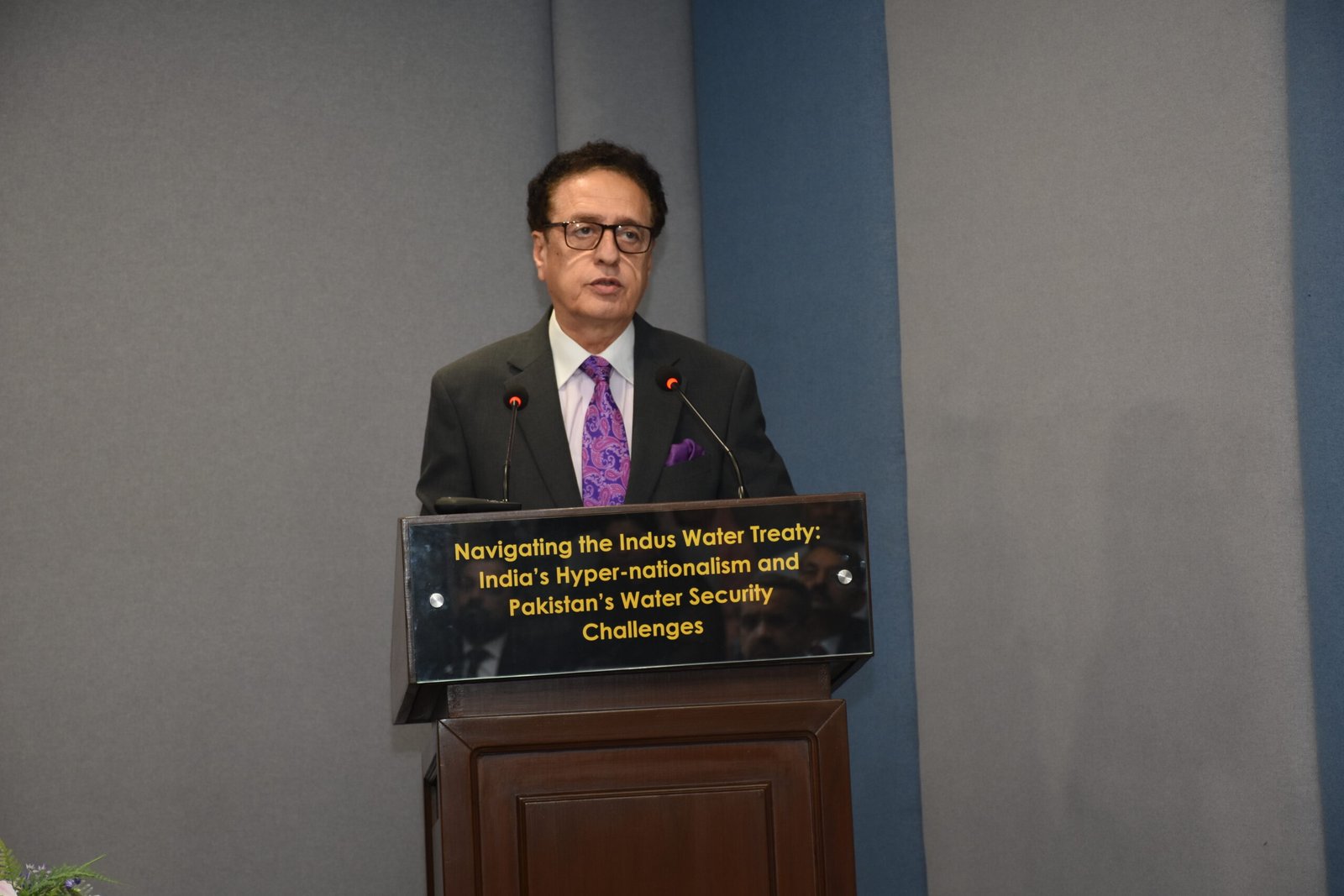
Event Chair
Air Marshal Asim Suleiman (Retd)
President, CASS Lahore
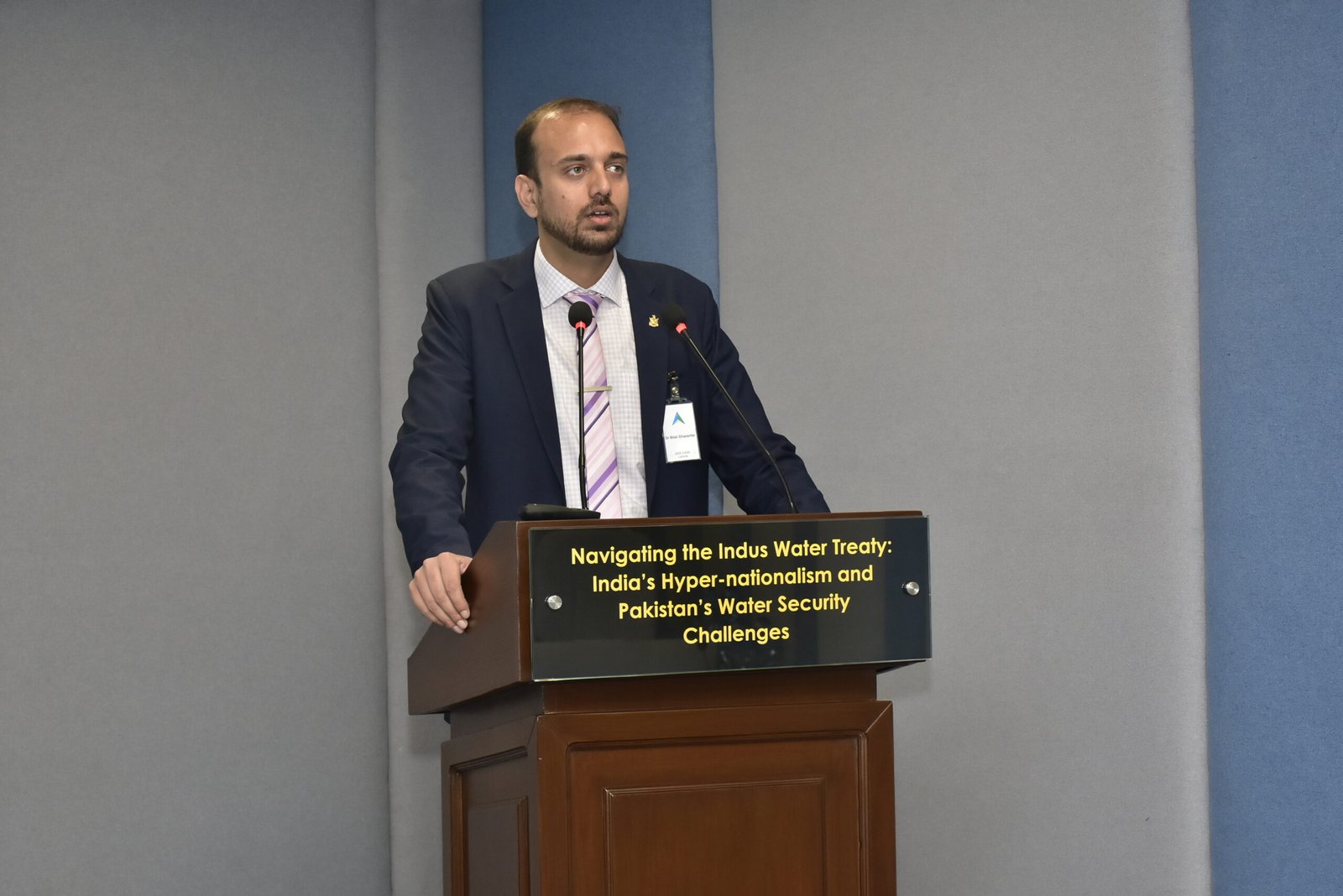
Event Coordinator
Dr Bilal Ghazanfar
Associate Senior Researcher, CASS Lahore
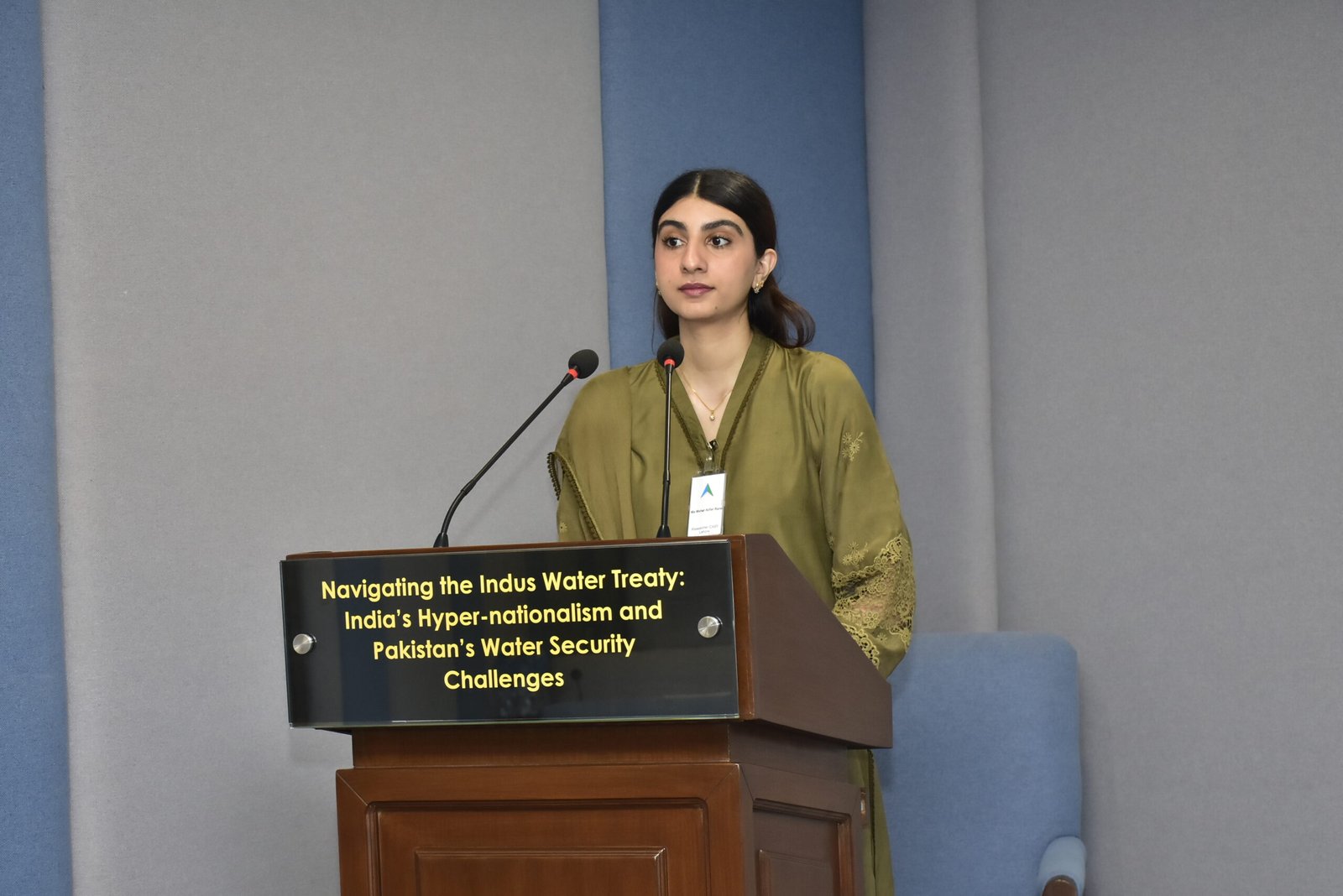
Master of The Ceremony
Meher Azfar Rana
Researcher, CASS Lahore
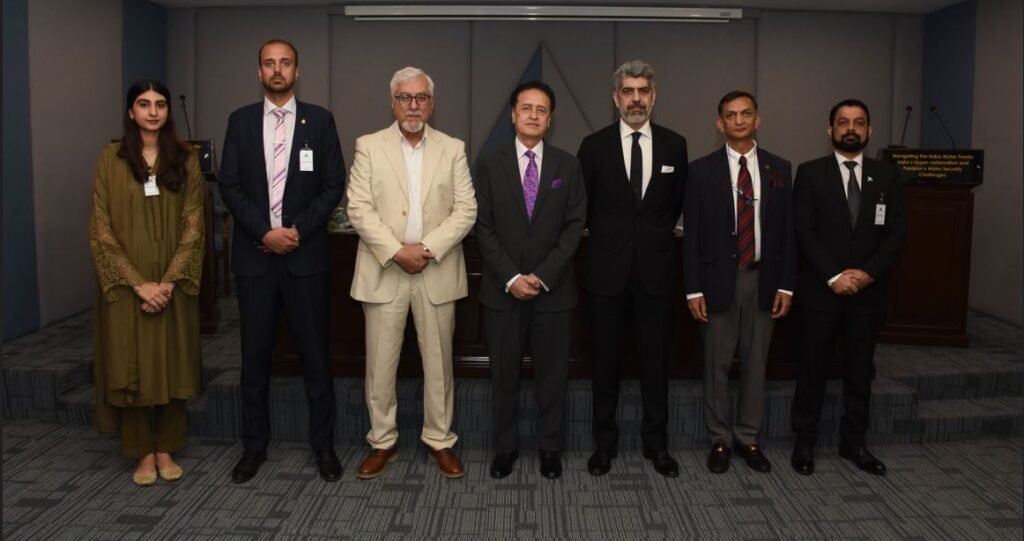

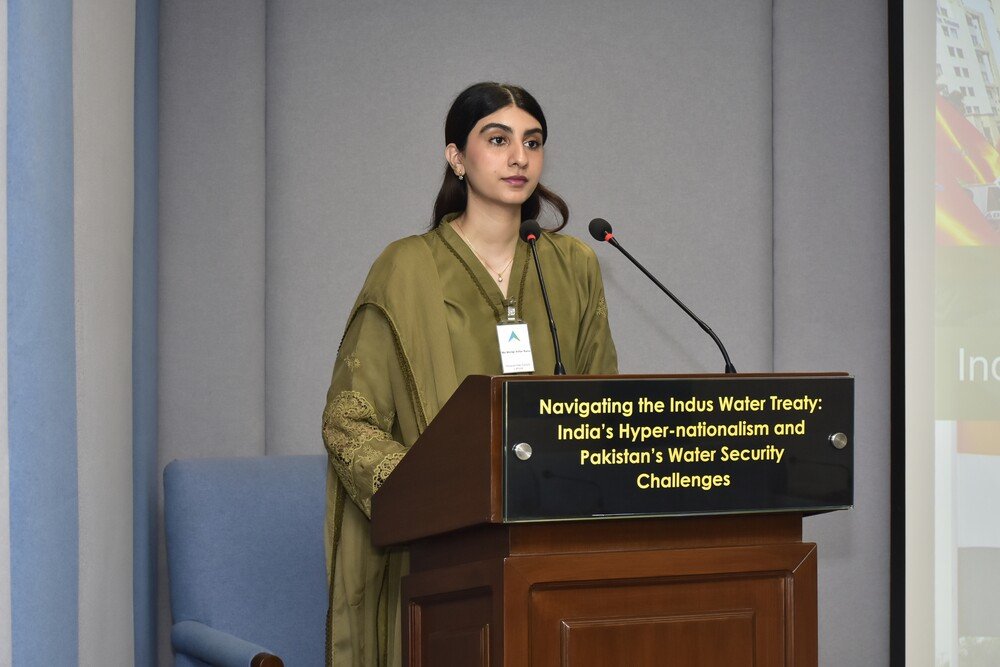
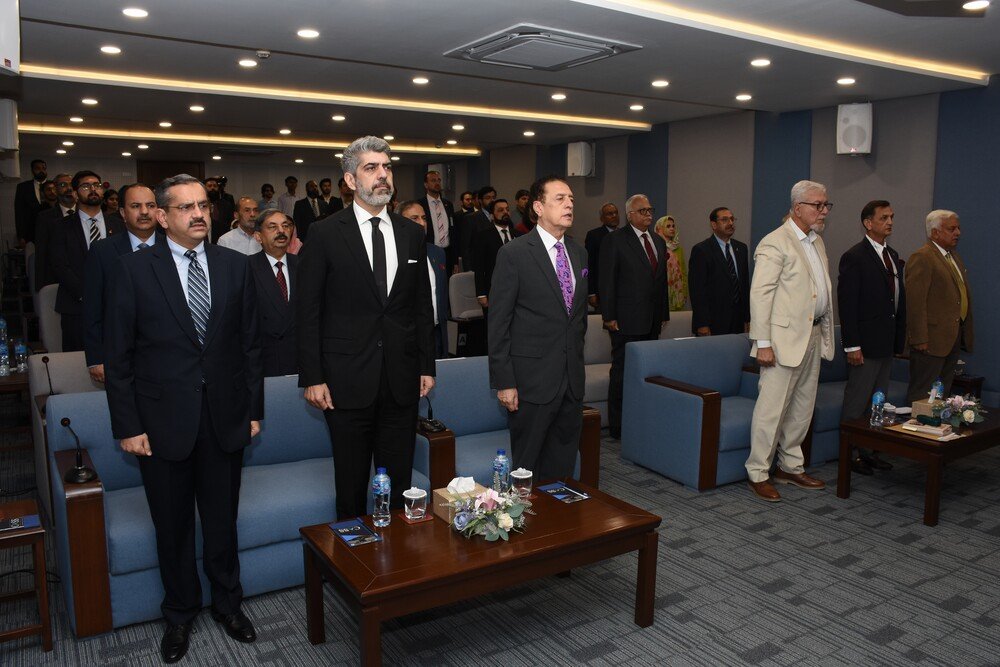
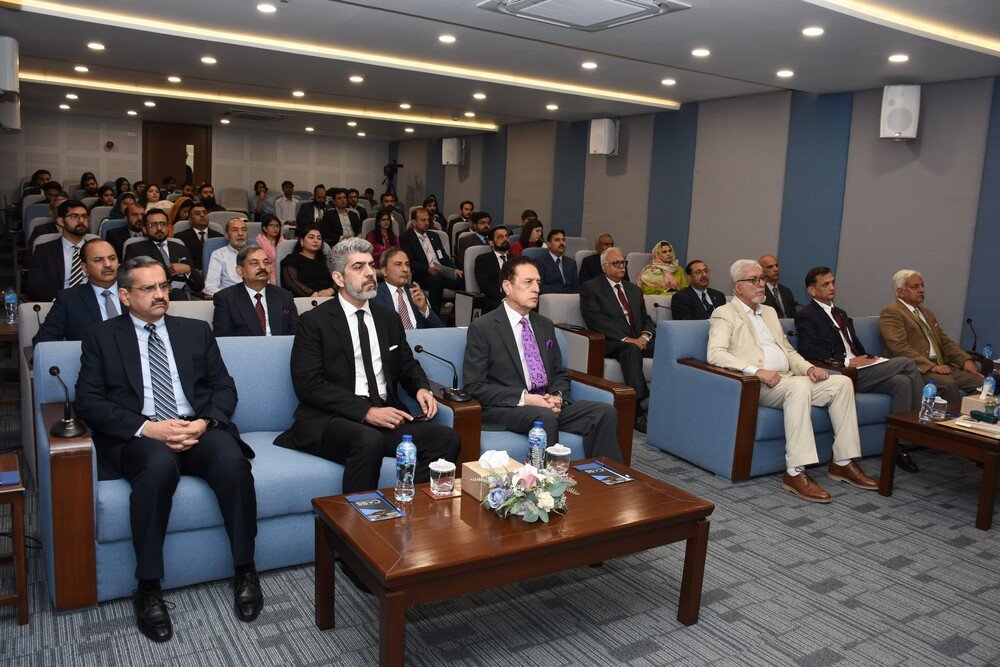
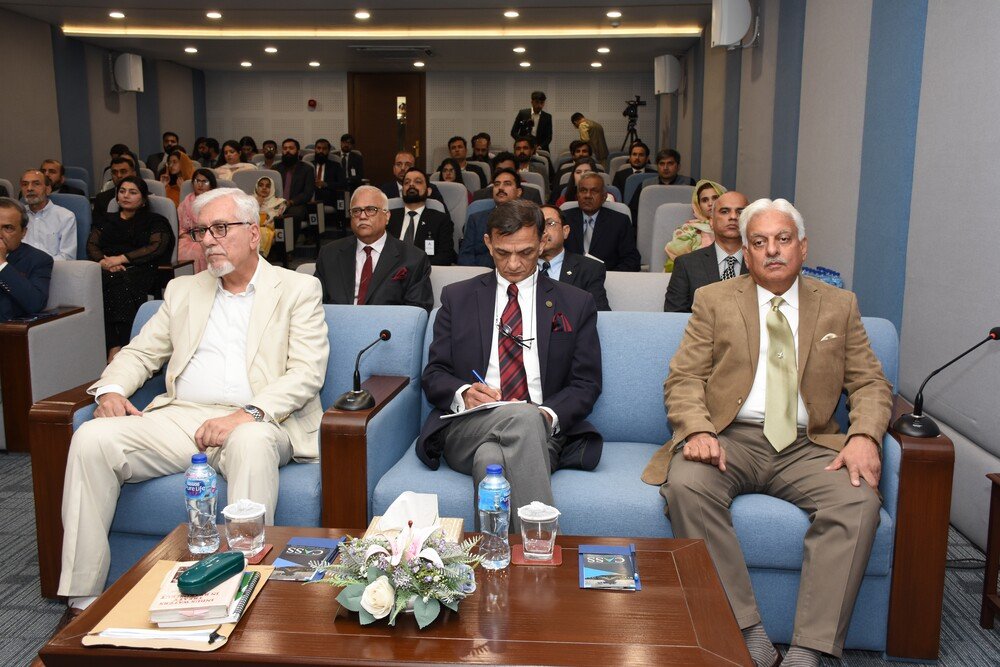
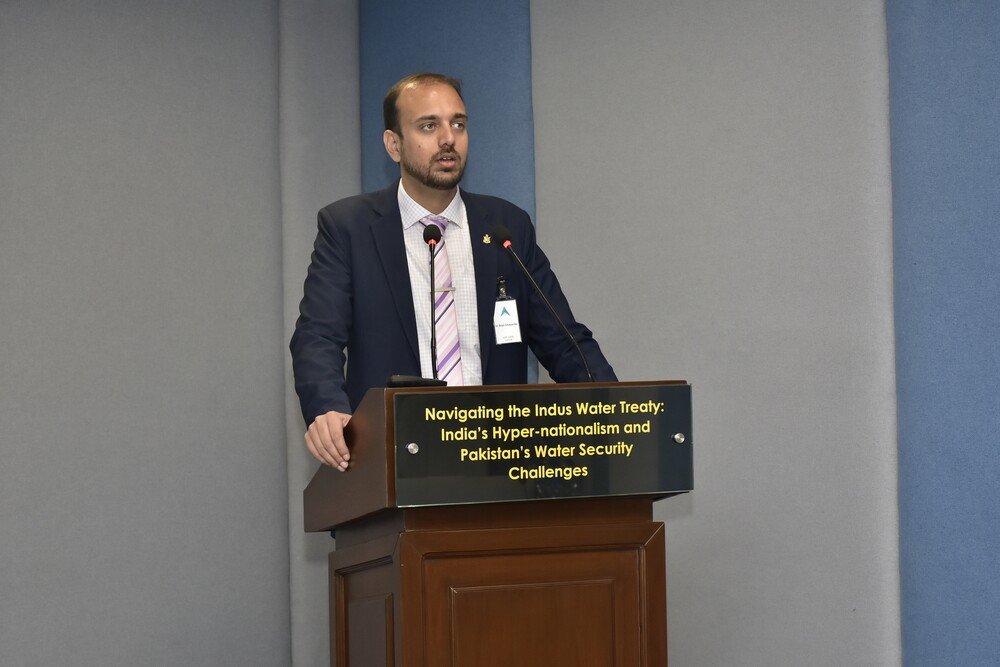
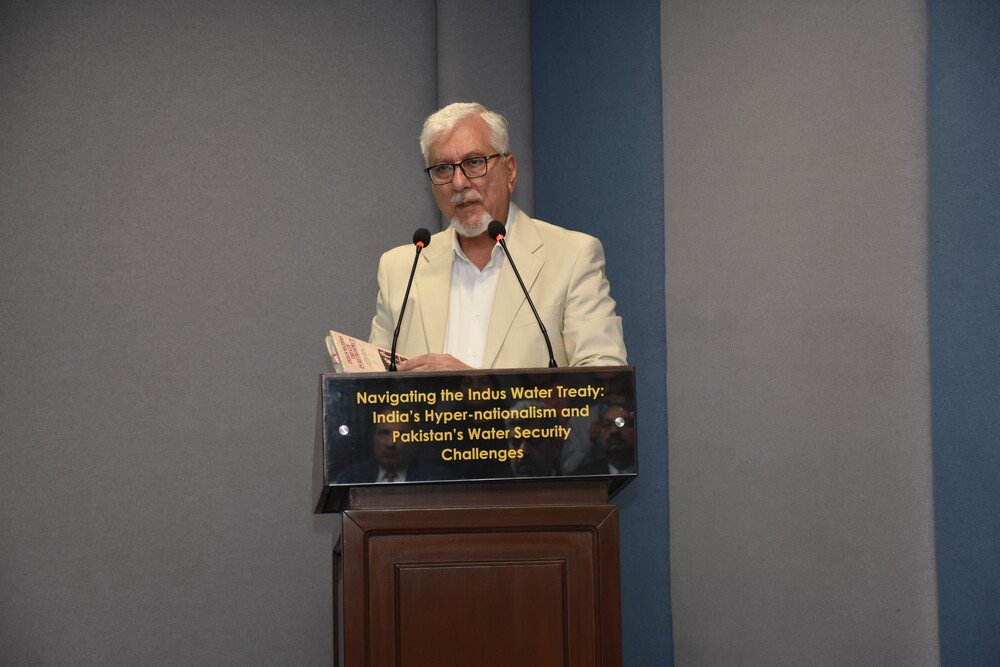
CASS LAhore

The Centre for Aerospace & Security Studies (CASS) was established in July 2021 to inform policymakers and the public about issues related to aerospace and security from an independent, non-partisan and future-centric analytical lens.
CASS Newsletter

@2025 – All Right Reserved with CASS Lahore.
- Home
- About Us
- Research Domains
- Publications
- Events
- Gallery
- Contact Us
@2021 - All Right Reserved. Designed and Developed by PenciDesign



